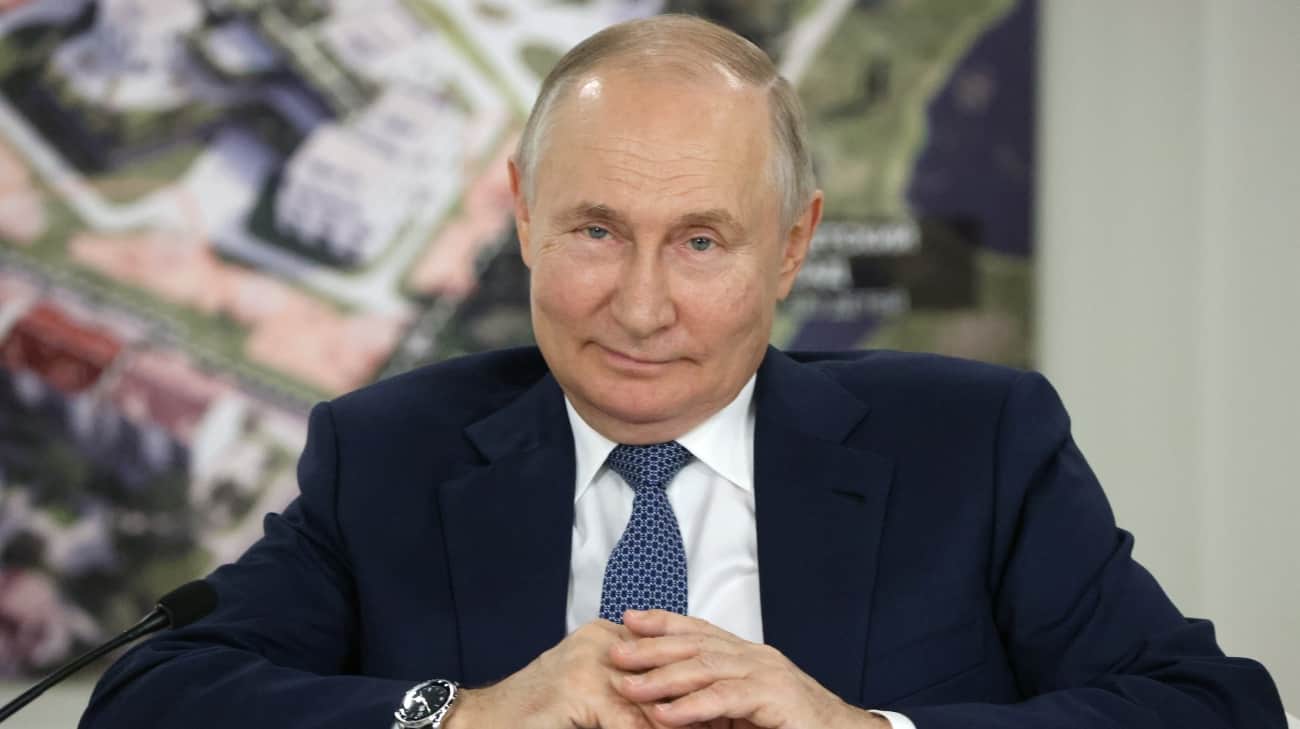ISW: Russia likely to use ceasefire to prepare for new offensive against Ukraine

The Institute for the Study of War (ISW) has assessed that a potential agreement to freeze the front line at its current positions may not stop Russia from launching a new aggression. The Kremlin could use the ceasefire to regroup and pursue larger territorial ambitions, particularly if Western military aid to Ukraine is limited. Source: ISW
Details: Analysts warn that any potential agreement that freezes the current front line before Russia gains complete control of Luhansk, Donetsk, Zaporizhzhia and Kherson oblasts would not prevent further Russian aggression aimed at expanding the occupation, particularly if the deal includes a moratorium on Western arms supplies to Ukraine.
Advertisement:Quote: "The current front lines do not provide the strategic depth that Ukraine will need to reliably defend against renewed Russian aggression, as Russian forces are just across the Dnipro River from the city of Kherson, roughly 25 km from the city of Zaporizhzhia and 20 km from the city of Kharkiv." Details: Russia has also intensified the use of armoured vehicles throughout the entire war zone, which may indicate the beginning of a long-term campaign to capture Ukraine's fortress belt in Donetsk Oblast. Analysts suggest that this is likely part of a broader strategy to seize as much territory as possible in Ukraine's east and south.
ISW does not rule out that the Kremlin may temporarily abandon its strict demands for complete control over the occupied regions in exchange for other concessions from the US, such as a change of government to a pro-Russian one or a significant reduction in the size of the Ukrainian Armed Forces.
Advertisement:"The Kremlin will likely exploit any ceasefire predicated on limitations on US weapons supplies to Ukraine to prepare for renewed aggression," ISW said. To quote the ISW's Key Takeaways on 22 April:
- The Financial Times (FT) reported that Russian President Vladimir Putin is willing to end the war in Ukraine on the current front lines. Kremlin officials, including Putin, have repeatedly and explicitly emphasised that Russia maintains its territorial demands over all of Donetsk, Luhansk, Zaporizhzhia and Kherson oblasts, however, while also publicly signalling that Russia has greater territorial ambitions in Ukraine beyond these four oblasts. [N.B. Ukrainska Pravda doesn't recognise Putin as president - ed.]
- The Moscow Times reported that the Kremlin is attempting to use economic incentives to sway US-Russian talks about the war in Ukraine as the Kremlin is not sincerely interested in US President Donald Trump's efforts to end the war.
ISW cannot independently verify Kremlin sources' statements, but recent Kremlin behaviour is consistent with the Moscow Times' insider reporting.
- Any potential future Russian agreement to freeze the front short of Russia's full control of Luhansk, Donetsk, Zaporizhzhia and Kherson oblasts does not preclude future Russian aggression to achieve Russia's more extensive territorial demands, especially if the agreement stipulates a moratorium on Ukraine receiving Western military aid.
- Kremlin officials continued efforts on 22 April to blame Ukraine for the lack of progress towards Ukrainian President Volodymyr Zelenskyy's proposed temporary ceasefire on strikes against civilian infrastructure.
- The Kremlin continues to reject Trump's stated goal of achieving a ceasefire in Ukraine before a full peace settlement to end the war - in contrast to Ukraine's continued support for a general ceasefire.
- Russian forces continue to innovate their long-range drone strike tactics in order to offset the effectiveness of Ukrainian mobile defence units.
- Russia is reportedly recruiting North Korean citizens to compensate for labour shortages in Russia, indicating that Russian-North Korean cooperation continues to deepen.
- Russian forces recently advanced in Kursk Oblast and near Toretsk.
Support Ukrainska Pravda on Patreon!